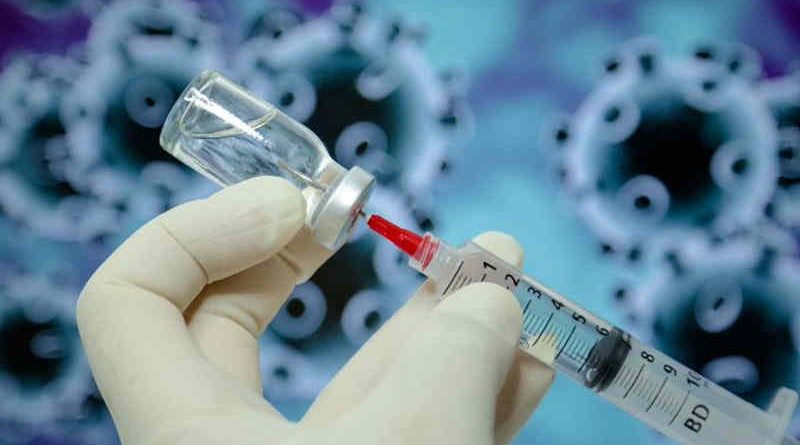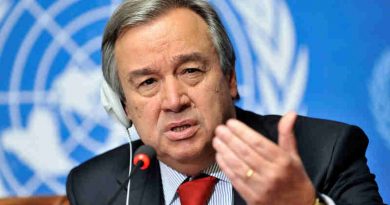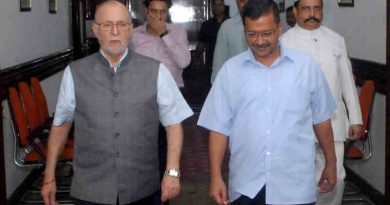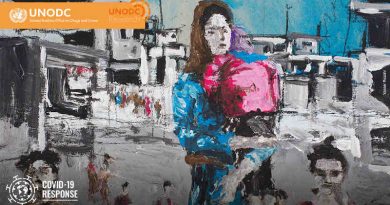Key Workers in 145 Countries to Receive Covid Vaccines

Many of these doses will go to health workers in urban areas who are at the highest risk of exposure to Covid-19 infections.
Key workers and other vulnerable people in 145 countries will receive Covid-19 vaccines in the first half of this year, under the joint UN-led COVAX initiative for fair access to coronavirus-beating jabs.
The aim of the announcement made on February 3 by the World Health Organization (WHO) and partners, is to help governments to prepare their vaccine distribution programmes by providing details about which vaccine they can expect to receive, between now and the end of June.
UN Children’s Fund UNICEF – which plays a key role in immunization campaigns worldwide – welcomed the development, describing COVAX as the largest vaccine procurement and supply operation ever mounted.
“We must get this right,” said UNICEF Executive Director Henrietta Fore. “Our country offices will support governments as they move forward with this first wave to ensure that they are ready to receive the vaccines that require ultra-cold chain (storage).”
This includes ensuring that health workers are fully trained in how to store and handle the vaccines. Many of these doses will go to health workers in urban areas who are at the highest risk of exposure to Covid-19 infections.
Some 1.2 million doses of the Pfizer-BioNTech vaccine which requires ultra-cold chain storage, are to be delivered to 18 countries in the first quarter of the year, out of an agreed total of 40 million.
An additional 336 million doses of the AstraZeneca/Oxford jab are to be lined up for dispatch to nearly all countries that have signed up to the COVAX scheme, from Afghanistan to Zimbabwe – once it has been approved for use by the UN health agency.
The total number of doses will cover, on average, 3.3 per cent of the population of the countries benefiting from the scheme.
This will make it possible for governments to protect their most vulnerable citizens – such as front-line health care workers, the WHO said, along with Gavi, the Vaccine Alliance and the Coalition for Epidemic Preparedness Innovations.





